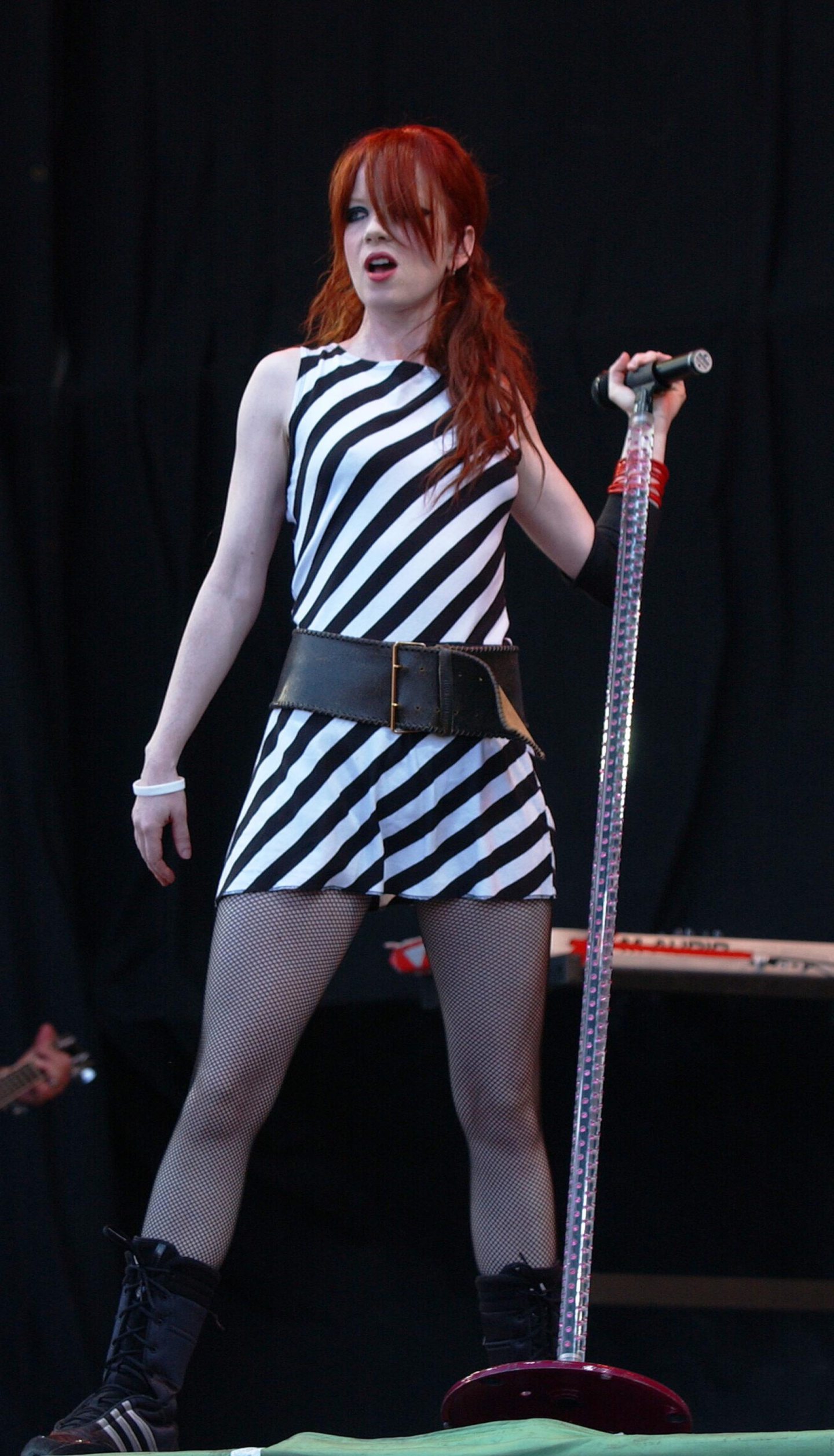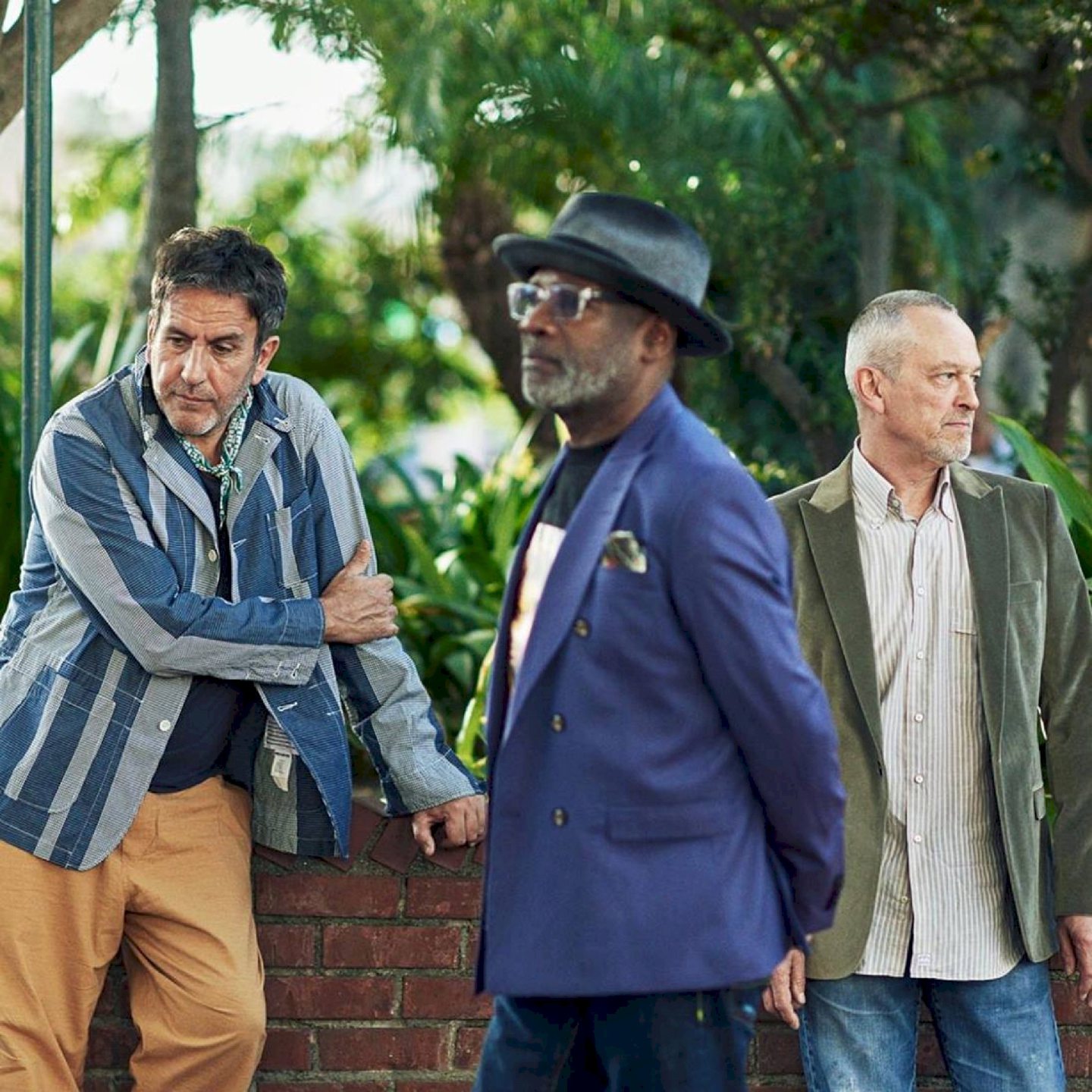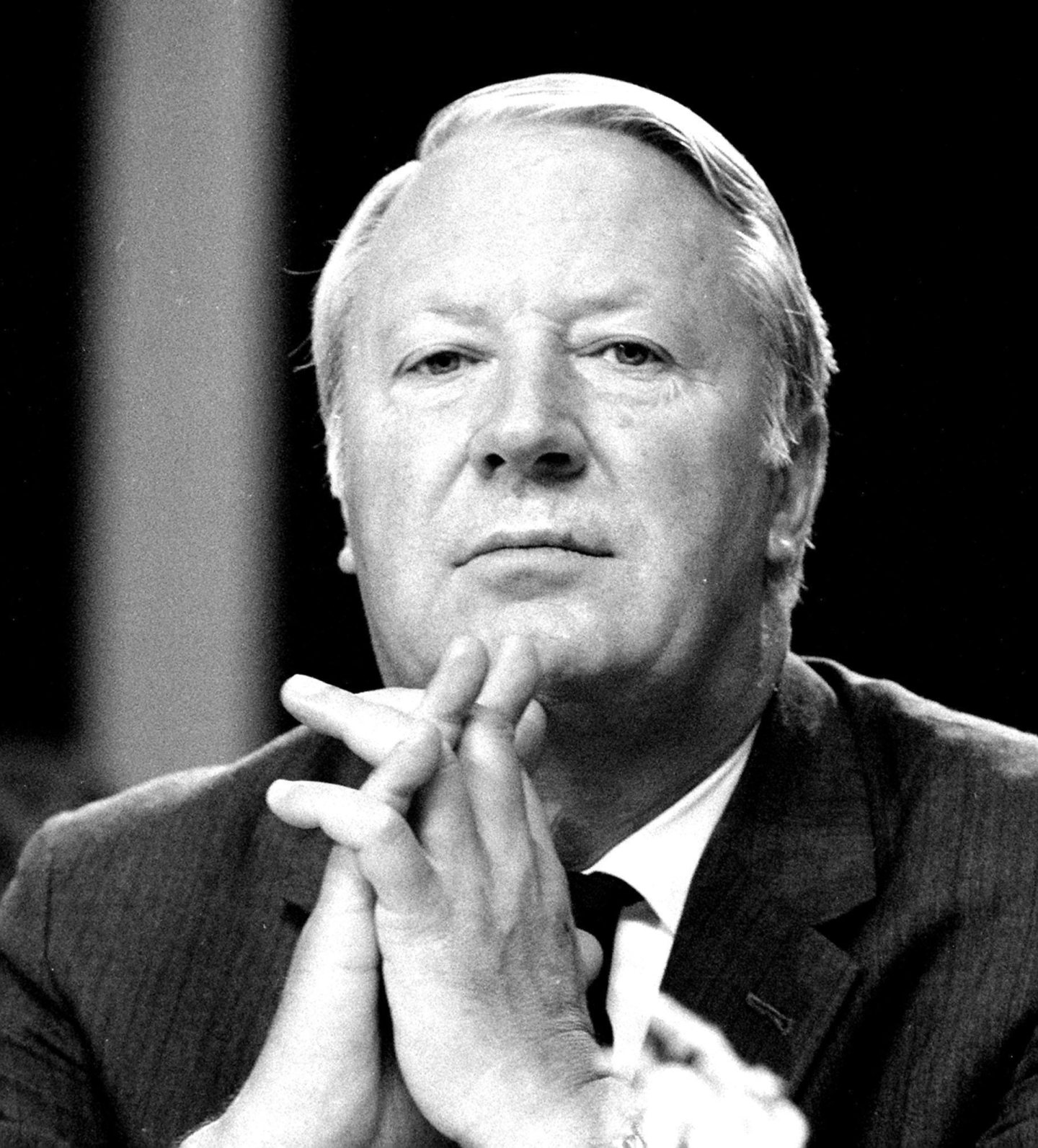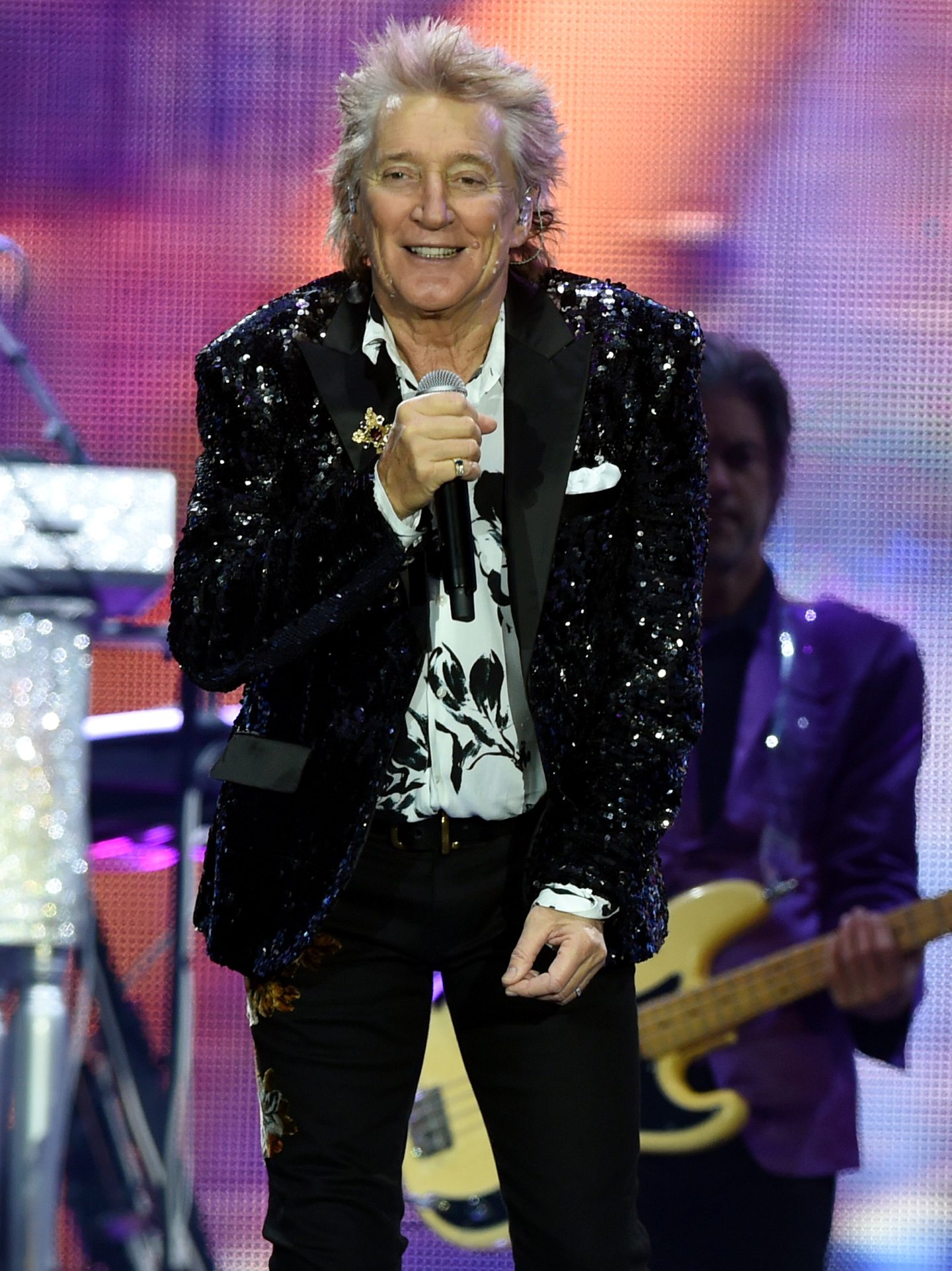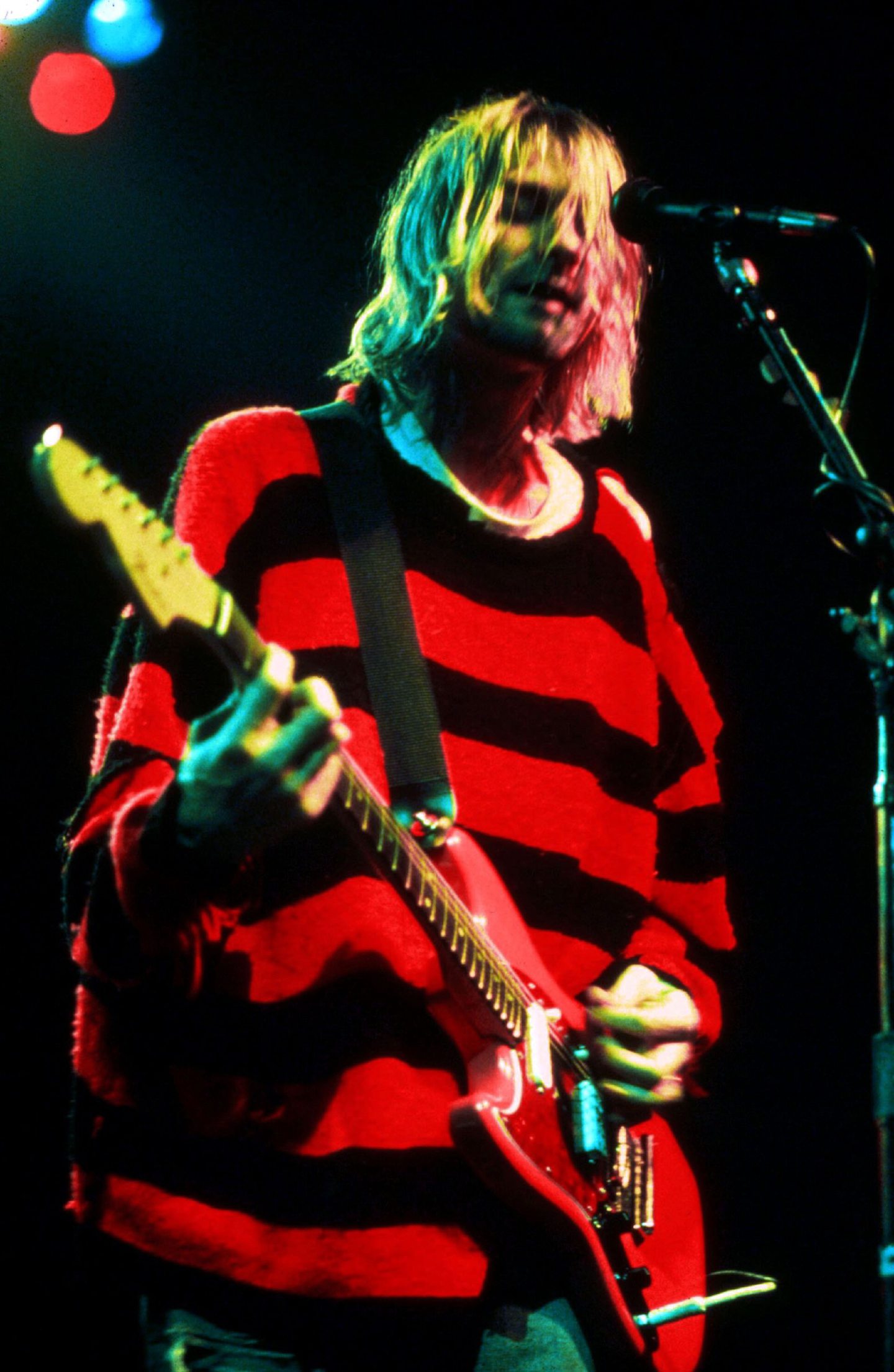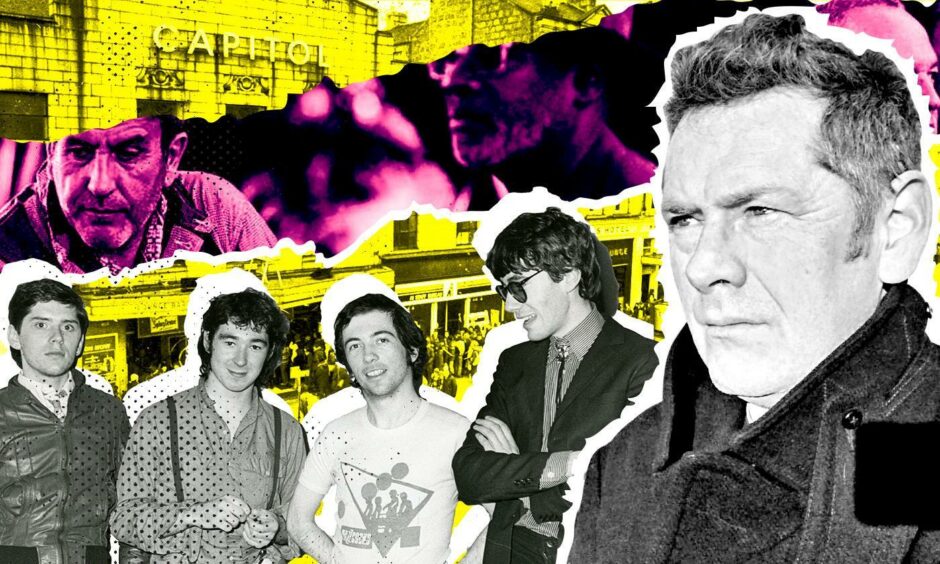
The north-east was changing rapidly by the end of the 1970s.
The discovery of oil in the North Sea proved the catalyst for Aberdeen Angus to lock horns with Texas Hank and suddenly, wherever you looked in the city, there were burger joints, casinos, flash cars and nightclubs with such, erm, interesting names as The Flesh Exchange.
Alastair McKay recalls all these phenomena clearly after arriving as a student at Aberdeen University in 1979.
A shy teenager who found refuge and a merciful release in punk rock, he combined his studies with launching a fanzine – Alternatives to Valium – when he was living in College Bounds and even worked as a DJ at the aforementioned clubbing venue.
His time in the city wasn’t all sweetness and light, not least because punk and love and kisses was never a marriage made in heaven.
Yet, emboldened by his experiences with student journalism in (the) Gaudie, Alastair became an award-winning writer with Scotland on Sunday and other papers.
And his interviews with such eclectic figures as Rod Stewart, Iggy Pop, Dolly Parton, Mark E Smith, Willie Nelson, Tilda Swinton and Shirley Manson were eagerly devoured by those of us who marvelled at his ability to transcend the often nonsensical demands of prissy PR lackeys and get under his subjects’ skin to the stage where you actually learned something new about them.
He even managed to survive the occasional encounter with people who recalled what he had previously written about them, such as Manson, who shot to stardom with Garbage after starting out with Goodbye Mr Mackenzie, a band Alastair had reviewed, not altogether positively, for the NME.
“I am confident that Shirley won’t remember this.”
“You called me a pirouetting bog brush,” she says.
“I did’, I reply. ‘It was a compliment.”
Punk and new wave was everywhere
But let’s move from Garbage to Granite and head back to those early days.
He told me: “When I went to Aberdeen, I imagined I would meet lots of like-minded people there.
“It was 1979, and punk and new wave were everywhere.
“But punk was still a bit of a rumour in Aberdeen. The logo of the University Union was a teddy boy, and the most fashionable boutique was Robert Rae’s, which specialised in denim loon pants.
“But I was encouraged that the Fresher’s Week entertainment was a punk band, The Adverts, who had a hit with Gary Gilmore’s Eyes.
“I went on my own, and although there was a bit of fighting at the gig, I was full of youthful optimism when I started to walk home to my digs.
“The mood didn’t last long, as I was jumped by two middle-aged men in suits who knocked me over and kicked me in the face.
“I remember feeling it was a bit strange – they didn’t even rob me. I think my crimes were being a student and wearing straight-leg trousers.
“Then I realised that I had missed the curfew at my digs, and I had to break in through the back door.
“The next day, I met TV Smith, the singer of The Adverts, on Union Street and told him about the violence. He signed my copy of the Evening Express.”
Thankfully, that didn’t deter Alastair from searching out the city’s thriving music scene and, soon enough, he was in his element, scanning the listings sections for news of concerts and opportunities to expand his horizons.
Buzzcocks at the Capitol Theatre
Indeed, his reminiscences simply reminded me of how many places have closed down since that halcyon period in the city’s fortunes.
As he said: “After a few weeks, I began to work things out. I got a copy of the Aberdeen fanzine, Granite City, from Boomtown Books on King Street, and worked out where the Other Record Shop was.
“One of the best shows I saw was at the Aberdeen Capitol, where Buzzcocks were supported by Joy Division.
“I also saw the Two-Tone tour, with The Specials, Madness and The Selecter.
“Walking home from that show, I was followed by a group of people chanting about how they were going to kick my head in, and I thought I was having deja vu.
“In fact, the chanting was led by someone from my politics tutorial class, and he had copied the chant from the start of a Specials song.
“Later on, I found the One Up record shop in Rosemount Viaduct, and practically lived in there. It was a great place.
“And I spent a fair bit of time at the Aberdeen art gallery watching arthouse films.
“The seats were very uncomfortable but it was the only place you could get to see things like the David Lynch film Eraserhead. There is a scene in that film involving a tiny chicken which still haunts me.”
It was another time, another place. One Up, a veritable treasure trove for music aficionados, shut its doors in 2013 and it wasn’t alone as austerity struck.
What’s that song from the Likely Lads? “The only thing to look forward to is the past.”
Yet, in the decade after he left university, Alastair thrived, as he explains in his new book, Alternatives to Valium.
Tilda Swinton got her dungarees
Some of the anecdotes are more surreal than others.
You don’t normally go to interview one Scottish luminary and find yourself being led astray by another. But that’s exactly what transpired when he returned to Aberdeen.
He told me: “I met Tilda Swinton when I visited the set of John Byrne’s TV drama Your Cheatin’ Heart, which was being filmed just outside Aberdeen.
“I wasn’t supposed to meet Tilda, I was scheduled for a chat with the male star of Gregory’s Girl, John Gordon Sinclair. But I was made to wait at the front of a bus while he sat at the back.
“I waited for quite a long time, and was hugely relieved when Tilda appeared at the front of the bus and suggested we go for a walk.
“Actually, she suggested that I might like to accompany her on a trip to Burton’s in Union Street, where she hoped to buy a pair of dungarees.
“She was intensely charismatic, and fairly indiscreet. Unfortunately, she insisted that I didn’t quote directly from our conversation but, roughly speaking, Tilda said: ‘I want the finest dungarees known to humanity and I want them now’. And, amazingly, Burton’s obliged.
“Then we returned to the outskirts of Aberdeen, where I had inconvenienced everyone by not waiting for John Gordon Sinclair. It was awkward.
“(Later on) though, I did paraphrase her suggestion that the cameramen on the production were hacks who would have been happier filming golf.
“The BBC weren’t very pleased about that. But Tilda got her dungarees, and that was the main thing.”
Interviewing Edward Heath
Alastair’s at his best in the entertainment world where he can delve into what makes people tick.
It’s harder when you are grappling with politicians who are convinced they aren’t just running the country, but in control of everything.
He explained: “One of the first interviews I ever did was with the former Prime Minister Edward Heath.
“He visited Aberdeen University during the Miners’ Strike and I was asked to talk to him for the student paper, Gaudie.
“I was a bit surprised when he demanded to see the questions in advance but, in the end, this wasn’t really necessary. For my first question, I asked Mr Heath to pick his greatest political achievement.
“This proved to be an almost impossible question for him, as he had so many great achievements to choose from.
“I didn’t like to interrupt but if I hadn’t, he’d probably still be in that room today, patting himself on the back.”
Then, there was the instance where he went with a photographer to meet Labour politician Mo Mowlam, who helped broker peace in northern Ireland.
As he wrote: “I knock on Mo’s door in Hackney (in London). The door opens.
“He’s the photographer and you’re the journalist,” Mo says.
“How do you know that?’ I reply.
“Because he looks open and friendly and you’re tight-a**ed.”
Drinking brandy with Rod Stewart
Thankfully, there were no frissons when Alastair spent a hilarious session with Rod Stewart in 1993.
The Sailing, Maggie May and Tonight’s the Night singer was the opposite of discreet, swearing like a Clydeside docker, and showering opinions on everything under the sun. It was a magical meeting.
He said: “Rod was in Scotland for a cup final at Celtic Park between Rangers and Aberdeen, and had brought most of the LA Exiles football team with him.
“I met him after lunch, and a lot of brandy had been consumed.
“Most of my earnest questions about musical influences and Rod’s childhood in Highgate went out of the window when Rod and the Exiles disappeared into a cloakroom, only to emerge moments later in a noisy conga line.
“Rod’s brother had a laundry basket on his head, and kept it on for the photographs.
“After that, there was a minibus drive to Celtic Park, and Rod was very interested in the sights and sounds of the Gallowgate, particularly a clothes shop called Trendy Fashions.”
Nothing fazed him during this chat. Alastair even broached the slightly treacherous topic of whether Rod’s image and sex appeal might have superseded the talent that was evident when he was with The Faces.
The singer replied: “Oh absolutely. I indulged it as well. I absolutely enjoyed it.
“I believed everything I read about myself in those days, in the period between, say, 1978, ’79/80 to ’81. I believed everything.
“And I agree with every critic, especially the guy from Rolling Stone, who said I betrayed my talent and copped out. He’s absolutely right.”
Waiting in a cupboard for Kurt Cobain
That’s one of the best aspects of the book. It’s unfiltered, totally from the heart.
Even the near misses reek of poignancy and a sense of what might have been.
He told me: “I almost met Kurt Cobain of Nirvana. I was supposed to, but when I turned up at the club they were playing in Edinburgh, Kurt was being tended to by a doctor in the dressing room.
“He didn’t look well at all, and I was shepherded into a tiny kitchenette which had a kettle and some Cup-A-Soup in it. It was more of a cupboard, really.
“Nirvana’s bass player Krist Novoselic joined me in the cupboard, and we talked quite amiably for a few minutes about the US hardcore punk scene.
“Then he disappeared to check on Kurt, telling me to wait in the cupboard. He never came back”.
Shortly afterwards, Cobain, born in Aberdeen (in Washington, USA) had killed himself aged 27 and the rock world mourned.
It’s a rare downbeat note in a work that brims with energy, enthusiasm and effervescence – and we haven’t even talked about the Dolly Parton chat!
- Alternatives to Valium is published by Polygon and is out now.
More like this:
